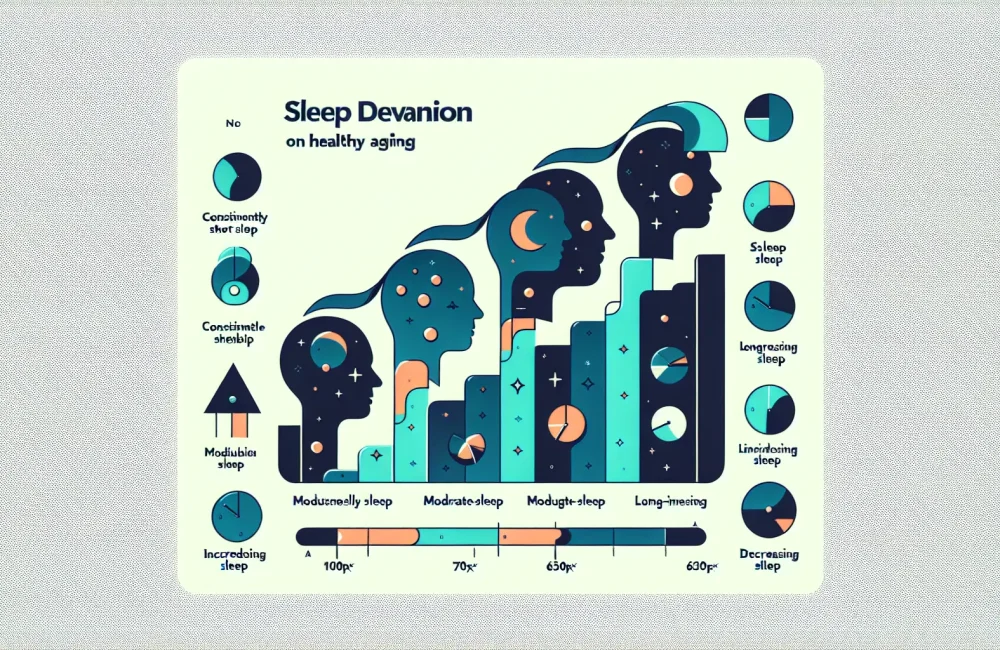By CAFMI AI From Frontiers in Medicine (Open Access)
Importance of Continuity of Care for Older Adults
Continuity of care remains a cornerstone in effective primary healthcare, particularly for older adults who often face multiple chronic health conditions requiring ongoing and coordinated management. In the context of primary care settings in Santiago, Chile, recent research has underscored the pivotal role that patients’ satisfaction with continuity of care plays in influencing health outcomes beyond just physical health, extending importantly into mental health domains such as depressive symptoms. This study specifically evaluated satisfaction from the perspective of older primary care users, dissecting different dimensions of continuity including relational continuity—the ongoing therapeutic relationship between patient and provider, informational continuity—the effective and timely transfer of health information across care episodes, and management continuity—the consistent and coherent approach to treatment across services and time. Older adults’ perception of these continuity aspects is critically linked to their overall satisfaction and, as shown, to important clinical outcomes including the prevalence and severity of depressive symptoms.
Key Findings and Clinical Implications
The cross-sectional study conducted among older adults attending primary care centers in Santiago revealed meaningful variations in satisfaction across the different types of continuity. Importantly, greater satisfaction with continuity was associated with a statistically significant reduction in depressive symptoms. After adjusting for potential confounding factors such as sociodemographic characteristics and general health status, two main factors emerged as strongly correlated with lower depression scores: consistent access to a regular healthcare provider and the patient’s perception that their care was well coordinated. The presence of a continuous therapeutic relationship fosters trust, open communication, and a deeper understanding of patients’ individual health contexts, which can directly influence their mental health. Meanwhile, coordinated care ensures that interventions and follow-up plans are harmonized, preventing fragmented care experiences that can otherwise exacerbate feelings of vulnerability and psychological distress. Clinicians should prioritize establishing and maintaining these facets of continuity to support mental well-being among older patients.
Applying Findings to Primary Care Practice and Future Directions
These findings carry substantial implications for primary care clinicians, especially in resource-limited settings or where fragmented care is common. Facilitating relational continuity by enabling patients to consistently see the same provider can build stronger therapeutic alliances. Likewise, ensuring robust informational continuity through improved record-keeping and communication systems can enhance provider awareness and patient confidence in their care journey. Management continuity can be buttressed by clear care plans and integrated services that anticipate patients’ evolving needs. Additionally, screening for depressive symptoms should be routinely integrated within primary care evaluations, with clinicians attentive to how continuity of care influences these outcomes. For healthcare systems, implementing policies that incentivize continuity and invest in workforce stability can support these clinical aims. Finally, ongoing research exploring longitudinal impacts and interventional models is necessary to develop evidence-based strategies that mitigate depressive symptoms by reinforcing continuity in older adult care. By attending to these aspects, primary care clinicians can contribute significantly to improved mental health and quality of life for aging populations.
Read The Original Publication Here






